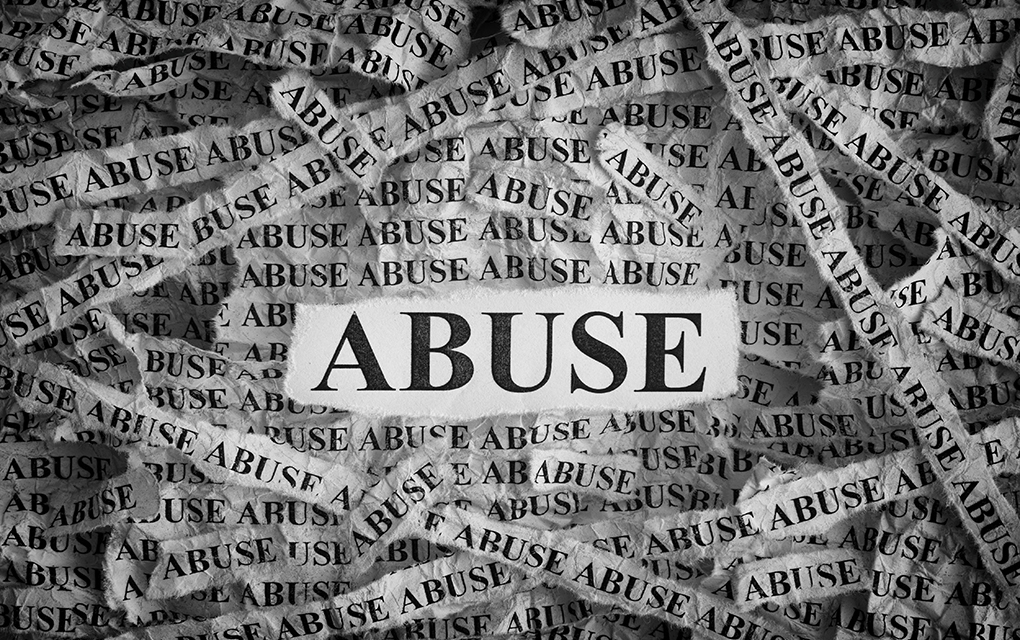The Government has announced a series of measures aimed at addressing the actions of domestic abuse perpetrators, and additional support for women and girls who have been victims of aggression and violence.
Controlling or coercive behaviour will be treated the same as physical violence. This means perpetrators sentenced to 12 months or more imprisonment, including suspended sentences, will be managed immediately under Multi-Agency Public Protection Arrangements. These arrangements are used to assess and manage perpetrators of sexual and violent crimes through a joint approach led by the police, prison and probation services. There will also be a trial of Domestic Abuse Protection Notices and Domestic Abuse Protection Orders to monitor perpetrators more closely.
Police and Crime Commissioners will manage the deployment of £36 million over the next two years to take forward perpetrator intervention programmes. For example, Interventions Alliance, the justice and social care business area that forms part of the employee-owned Seetec Group, already works with the Police and Crime Commissioner for Sussex to deliver a stalking perpetrator programme.
There is also the expansion of the support services for victims in a number of Jobcentres piloting an expansion of the ‘Ask for ANI’ (Action Needed Immediately) scheme.
Amy Rice, the Executive Director of Interventions Alliance, has welcomed today’s announcements to tackle aggression and violence against women and girls:
“The decision today to designate violence against women and girls as a national threat in the new national Strategic Policing Requirement is a positive step forward because it will focus resources and attention on the impact such crimes have in our society.
“Domestic abuse can have a lasting psychological and physical impact on victims, confirmation that the law will change to view controlling or coercive behaviour the same as physical violence is long overdue.
“Interventions Alliance already works with Police and Crime Commissioners to address the behaviours of stalking and domestic abuse perpetrators. Through a Compulsive Obsessive Behaviour Intervention, colleagues work intensively with stalking perpetrators to examine the triggers that heighten their risk of reoffending, to help them develop mechanisms to break the cycle of criminality they carried out in the past.
“Today’s set of announcements make more progress in striking the right balance between the need to support victims and investment in programmes that work to stop perpetrators from reoffending.”
You can read the full announcement by the Home Office here.


